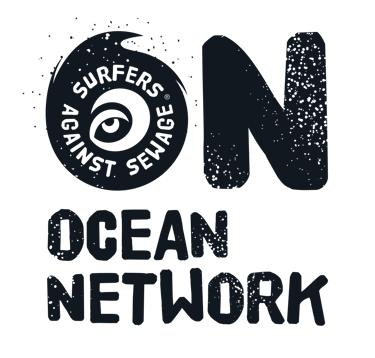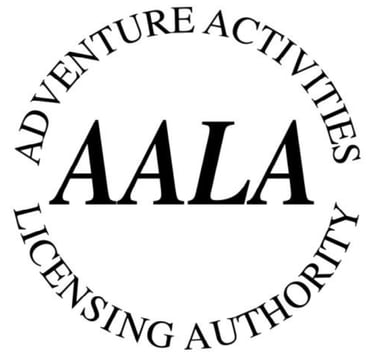
FITNESS FOR SURFING
WIthout question surfing is a physical activity and does require a degree of fitness to get the most out of it.
SURFING ADVICE
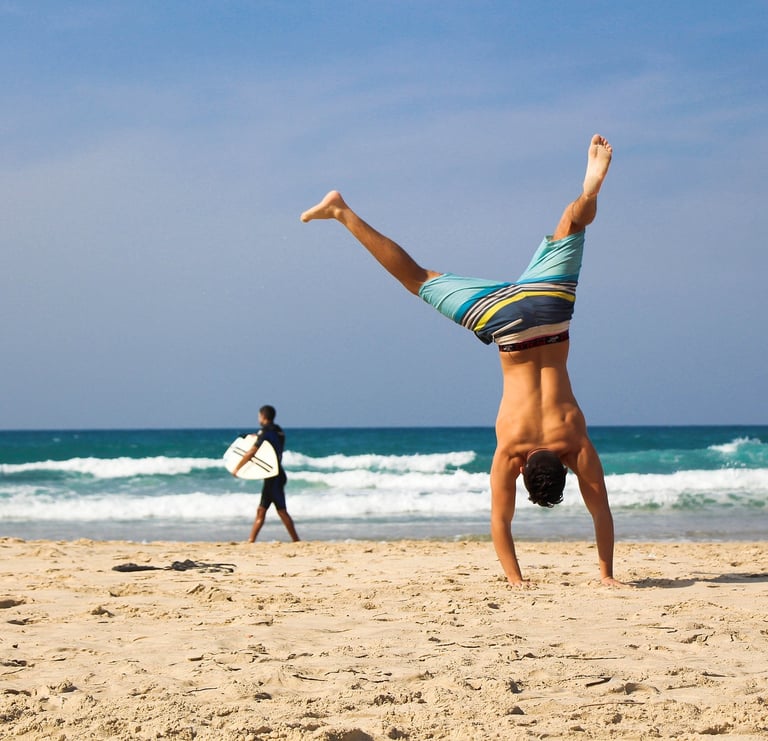

If you surf regularily then you will already know that surfing is a physical activity that requires a good level of fitness.
Even if you are coming for your first lesson, some preparation will still be helpful.
Surfing requires many aspets of fitness. This blog will go into a little detail and offer a few nuggets of advice. Surfing requires endurance, strength and mobility. They all work together hand in hand, through out a surf session.
Very few people are lucky enough to surf regualirily and those that do will do a lot of training outside of surfing to help keep them in good shape for the sport that they love.
But where do I start?


Have a think about what you ultimately want to acheive, it can be as simple as, getting more hip mobility for a better pop up, catching more waves, surfing for longer without getting tired, having more stength to pop up effectively or just being able to get to the end of a 2 hour surf lesson.
You will have to be honest and recognise where your weaknesses lie. Understand it will involve doing some training that may not fill you with joy! Working on our weaknesses may be super tough and require some real hard work.
Your goal must be attainable for you, realistic. Anything ,too ambitious is likely to lead in a loss of motivation.
Remember start small and build on it, both in terms of intensity and duration. Doing too much too quickly is also likely to be bad for motivation.
SET A (REALISTIC) GOAL


Next it's time to figure what training you will need. So time for a little research.
If you haven't done a great deal of exercise for a while, it is likely that your aerobic (endurance) fitness will need some work. In surfing this energy system will be utilised for the majority of a surf session and is great place to start.
If you surf a fair bit or do other exercise that relies on endurnace like running, swimming, cycling, rowing etc, but struggle with popping up or explosive bouts of short lived movement, then think about about working on your mobility and strength.
We have many different energy systems at work, at different times during surf sessions, but ultimately they all work together.
One area that is all to often overlooked is the mind. Having good mental health will have a positive effect on your physical health and vice versa as the two are intricately linked. We all know how important exercise is for the mind.
TIME TO RESEARCH
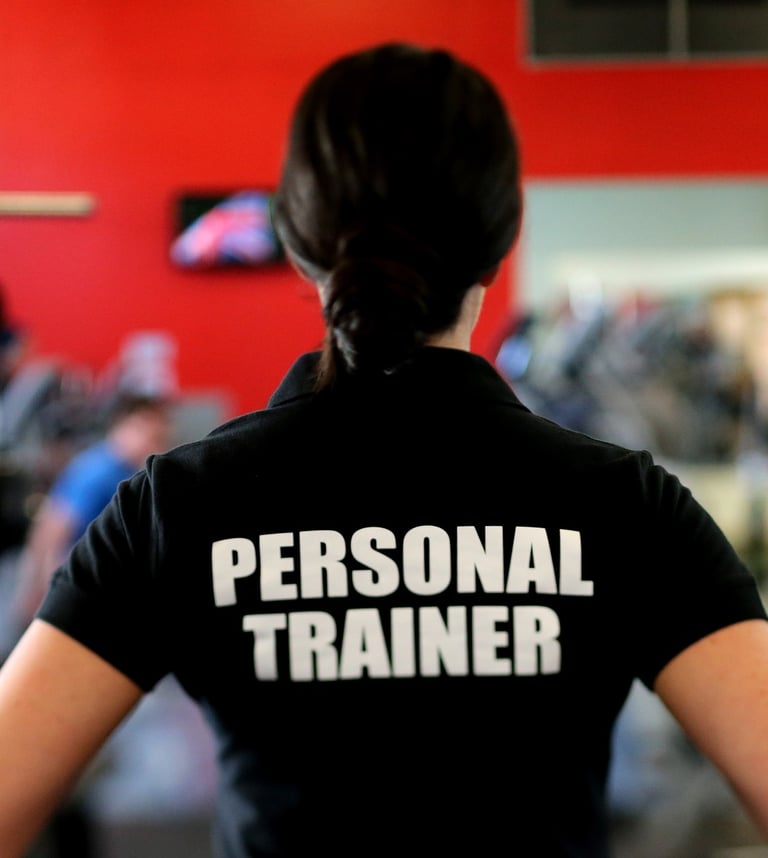

It is a minefield. There is so much information out there, it is often hard to decided how to proceed. Advice and programs are often confusing, sometimes contradictory and sometimes seem way outside of what is possible for you.
Be sure to cross reference what you find and intend to try, with other sources of information. Ask experienced friends, look at lots of different websites and by far the best ask an expert! After some extensive research you will probably find a common theme.
Asking an expert or even better, employing the skills of an expert can be worth it's weight in gold. Booking into gym classes, focusing on what you need, getting a personal trainer or signing up to an online program, like the incredible Adrenaline Athlete will start you on the right foot. People who specialise in training programs have a high level of knowledge, and many have spent years perfecting their trade, to ensure you get the biggest benefits, from any training you do.
SOME HELP WITH RESEARCH
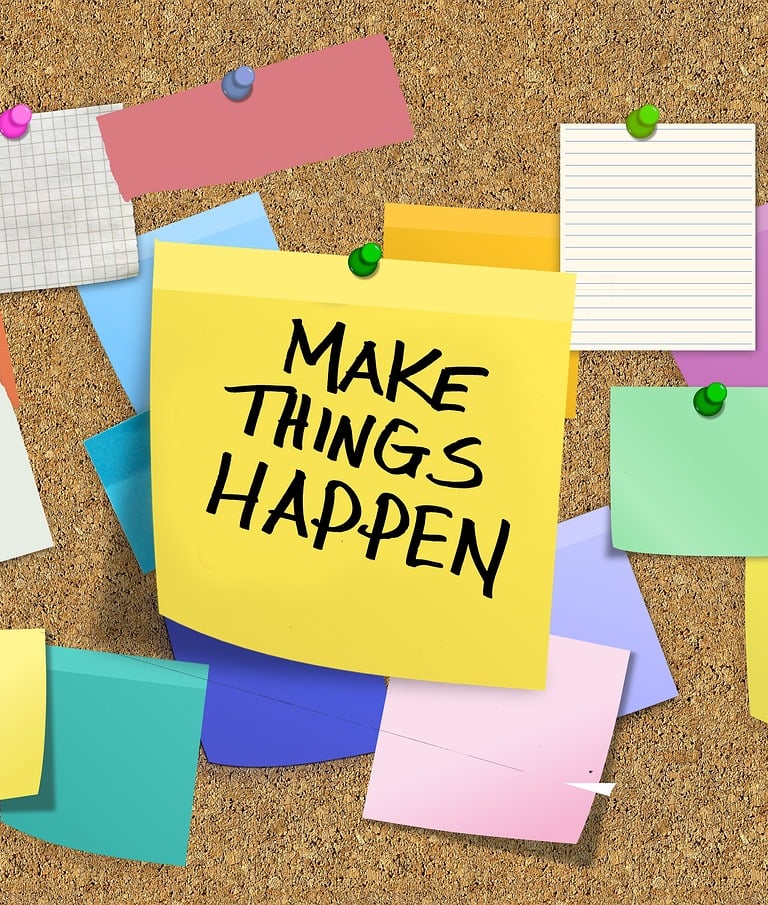

Once you have decided on a realistic training plan, it's time to schedule it into your normal routine. Spend some real time writing a plan at the start of every week. 'Sort your s**t out Sunday' is a good ethos. Your plan should be dynamic and able to change.
Life is hectic for most of us, and we all have commitments, work, school, family, housework, school/uni work, the list goes on and on.... Sometimes it feels like there are not enough hours in the day. But, and there is a big but, how much of your day do you spend watching TV, scolling a phone screen etc?
Set yourself a challenge! Record the times when you are doing nothing, you may be suprised at how much time you actually have spare. How long do you watch TV for in an evening? Exercise is a way better way to wind down after a long day, positive for your body and mind.
Even those who are really busy, will find time in a hectic schedule to 'micro dose' some activity. Waiting for the kettle to boil. Do some stretching. Cleaning your teeth, do it in a deep squat. Waiting for laundry, waiting for children. With some careful pre-planning it is possible to fit those workouts into a busy day. See what time you do have to commit to, and plan your week, just make sure it is realistic.
Start small is best, don't commit to too much, you are more likely to quit if you do. Be prepared to adjust what you do. Sometimes an exercise is way too hard or way too easy. Exercises need to challenge you, but not be impossible to do.
HOW DO I ACHIEVE MY GOAL?
WORK OUT AN ACHIEVABLE PROGRAM THAT FITS INTO YOUR ROUTINE.
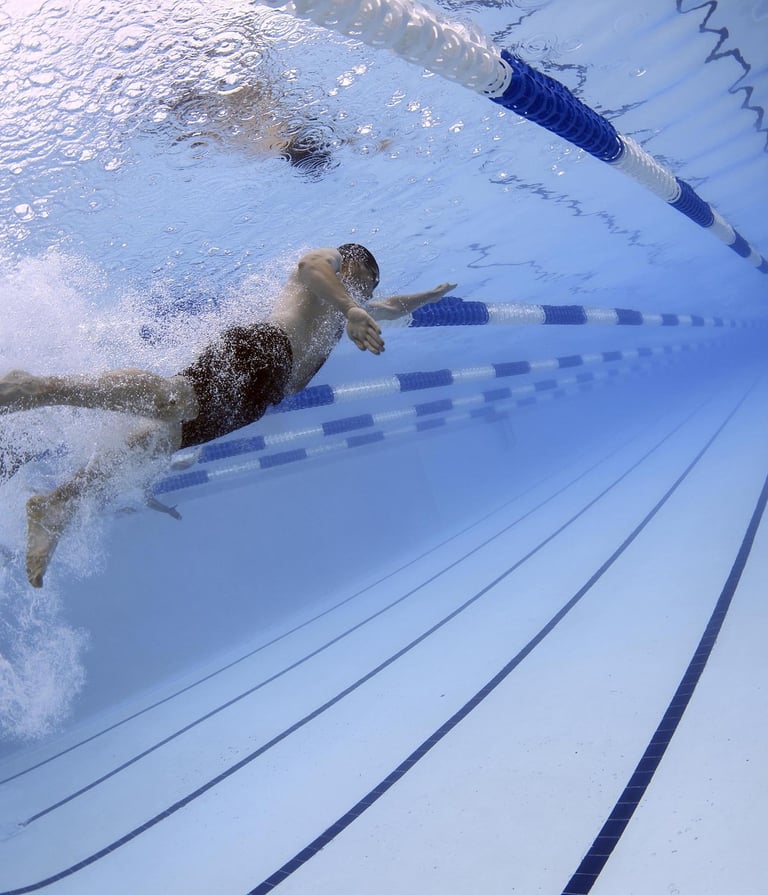

Both are parameters of time when exercising. By definition stamina is the amount of time an exercise can be performed at maximum capcity, while endurance is the maximum amount of time an activity can be performed, both vital for surfing.
Mental Stamina.
The mind and the body are intricately and intimately connected and work hand in hand together. It is equally important to ensure your mind is exercised as well as your body. Exercising the body has a positive effect on the mind and vice versa. Having the mental stamina to keep training, to get fitter and stonger is a vital part of surfing. The good news is physical exercise will increase your mental stamina.
Increase your endurance with periods of long sustained training that works you aerobically, basically involves oxygen. The majority of your surf session will involve aerobic fitness. Swimming front crawl is similar to paddling a board. Running, cycling, rowing etc will all help to increase your aerobic fitness.
STAMINA & ENDURANCE
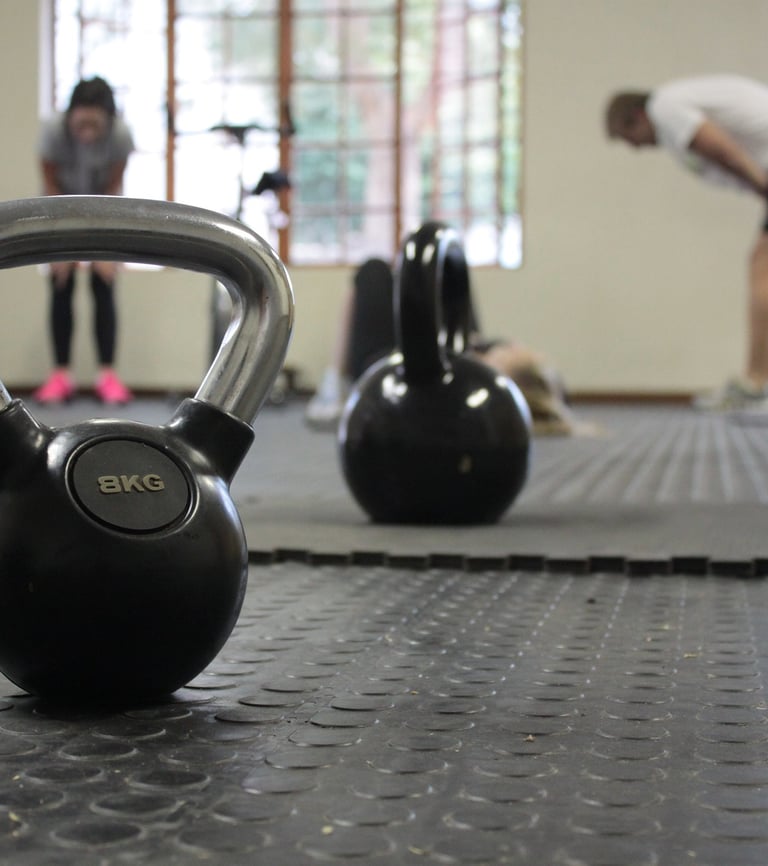

To surf well you do need to have stength, the ability to control the range of movements your body will go through while surfing. The pro's all do a lot of strength training, to help with explosive power, all aspects of their surfing, and to help prevent injury.
Strength training will undoubtedly allow you to surf for longer, with more power and help stop injuries.
It doesn't have to mean heading to the gym and lifting stupidily heavy weights, there are plenty of exercises you can do at home with a few bits of simple equipment.
There is also a lot of ineffective advice out there online, so be careful when choosing a program. We would highly recommend employing the services of a professional to get the most effective program for you.
Personal trainers are the most expensive option, followed by gym classes and then an online program. We highly recommend the programs by Adrenaline Athlete. Science led training that produces quick results and a very afforable monthly plan.
STRENGTH
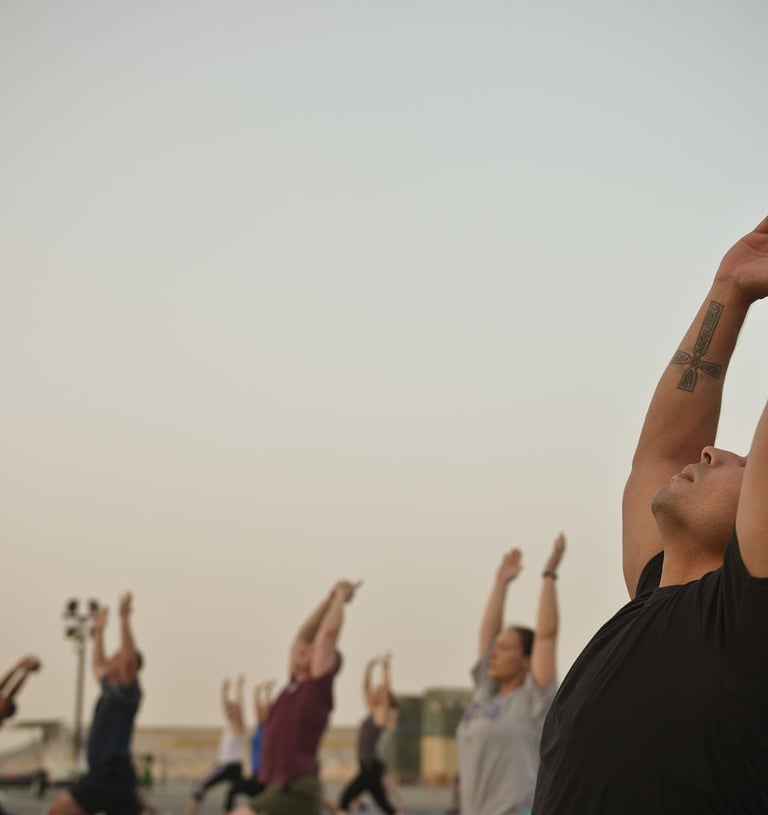

This is another vital aspect of surfing. It is important to distinuish between mobility and flexibility, as they are often confused. Flexibility is the ability to acheive a big range motion, (like some of the crazy bendy yogi's we see online). Mobility is the ability to be able to control a suitable range of motion for the activity, this generally means controlling the end ranges of motion with strength.
Stretching is extremely important. Yoga is an excellent tool for increasing flexibility, mobility and improving mental health. It is important to pick programs that work on flexibility while increasing mobility.
Yoga has been around for thousands of years and there are many different types, so it's important to find the right program for you. Ashtanga yoga focuses on both strength and flexibility. Like all exercise it is important to do the asana's (poses) correctly, so again, go to a class and learn from qualified experts.
MOBILITY
SUBSCRIBE
View our post 'Winter Surfing Guide '.



